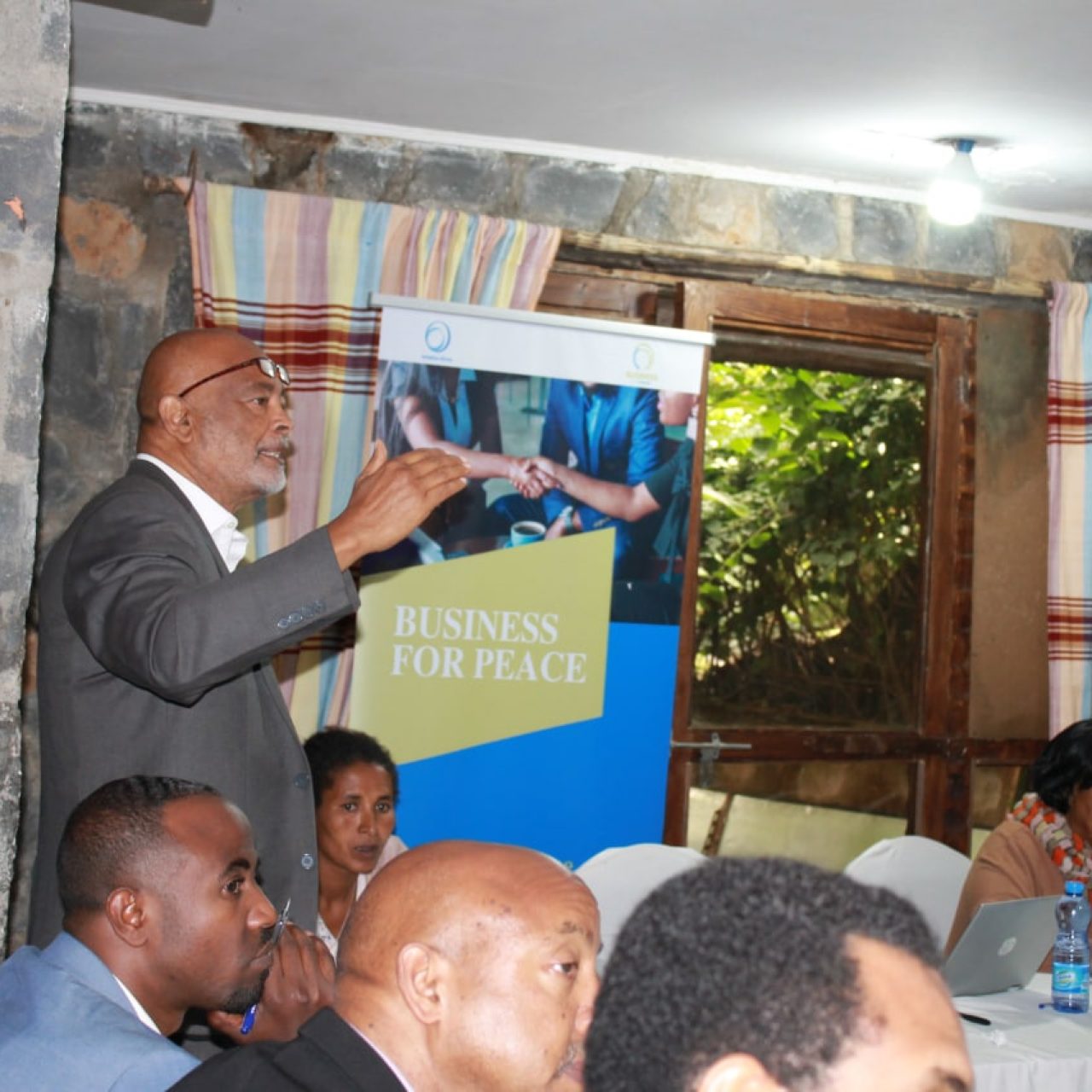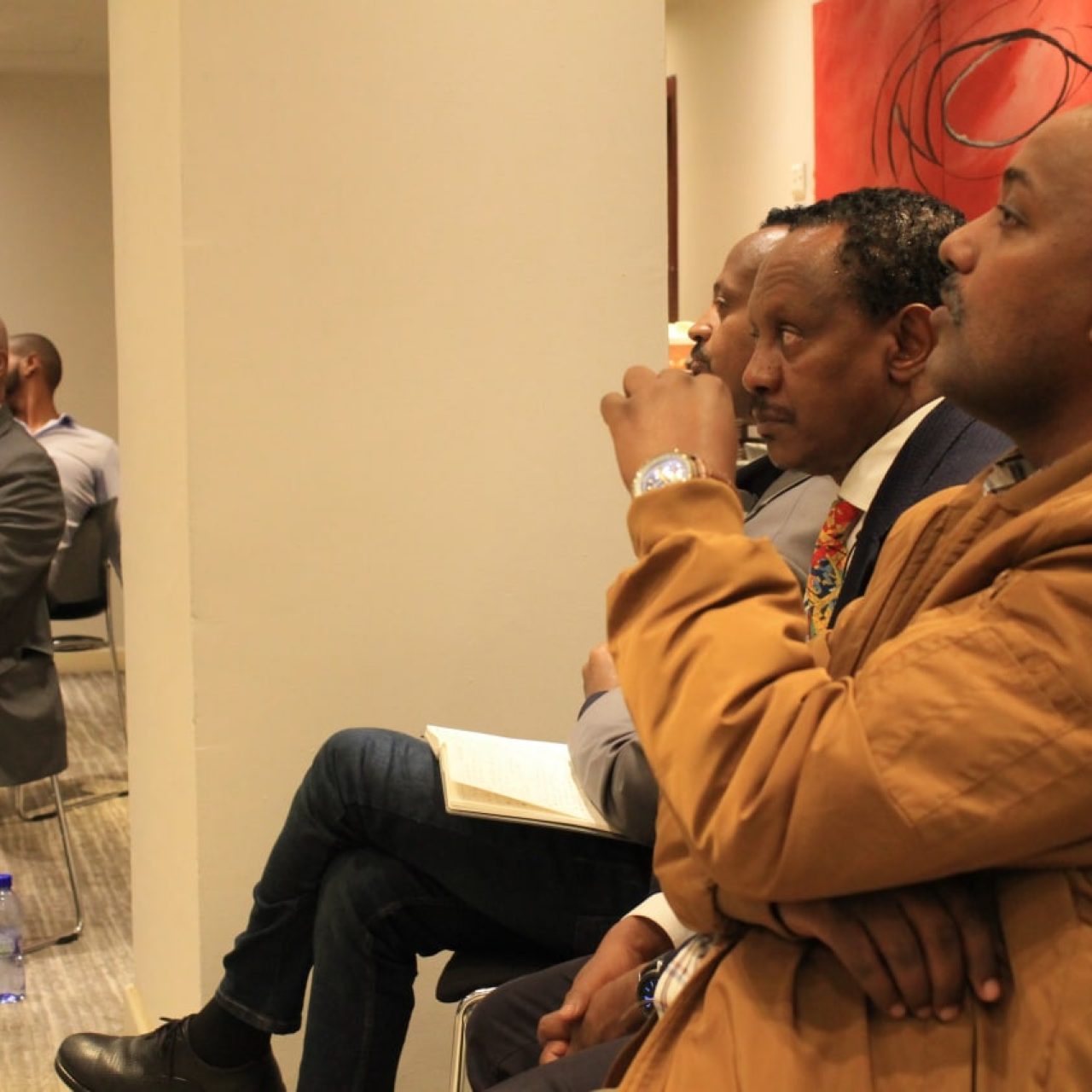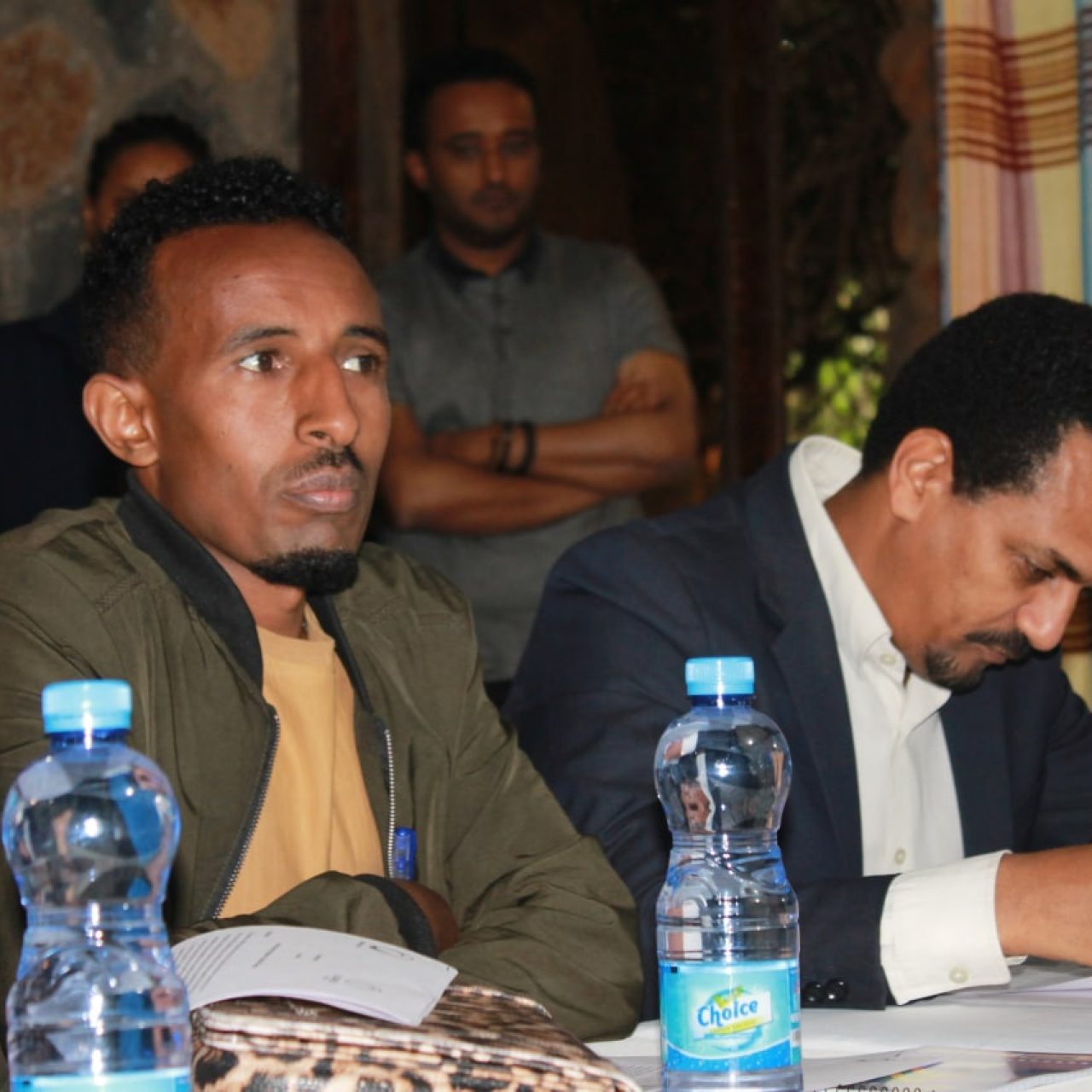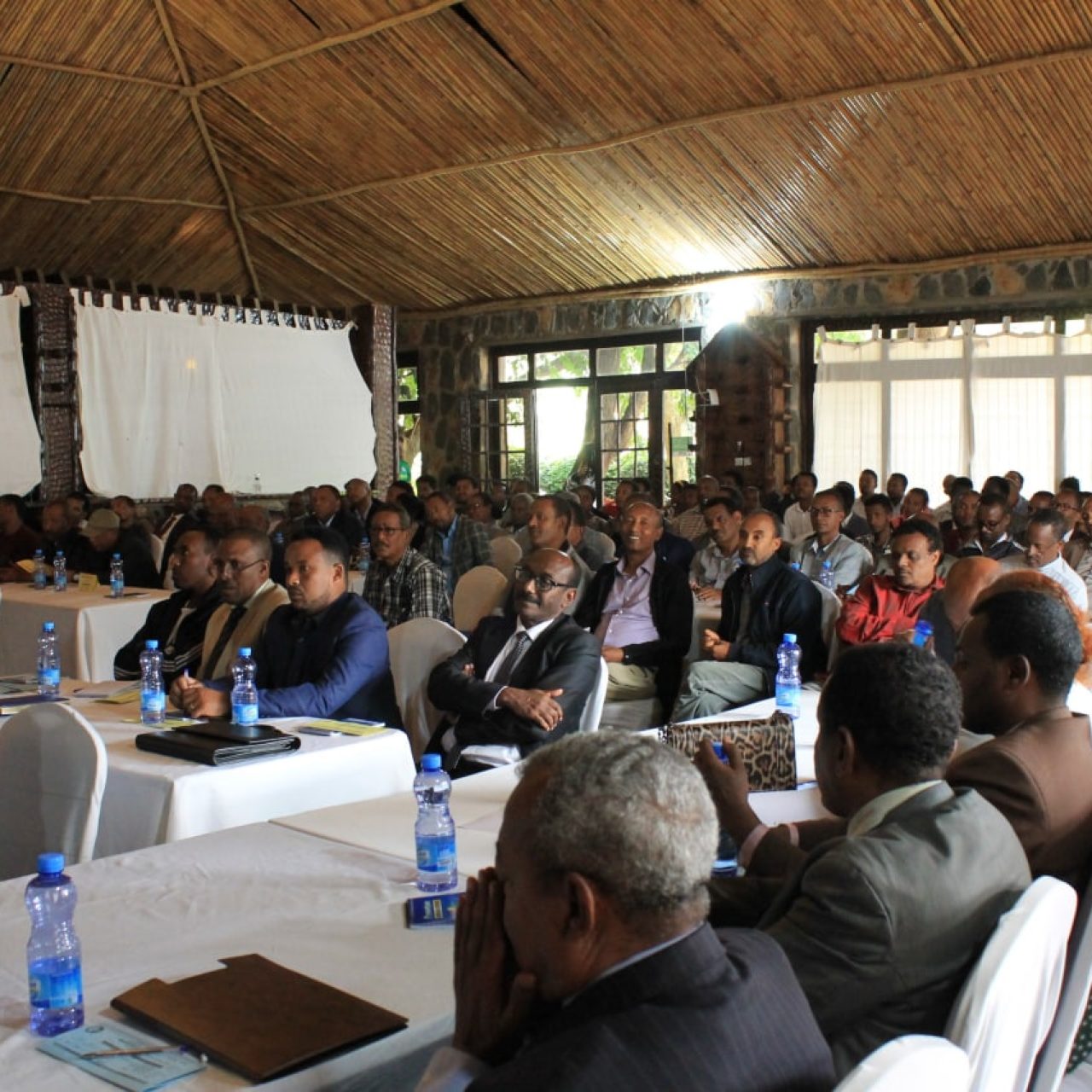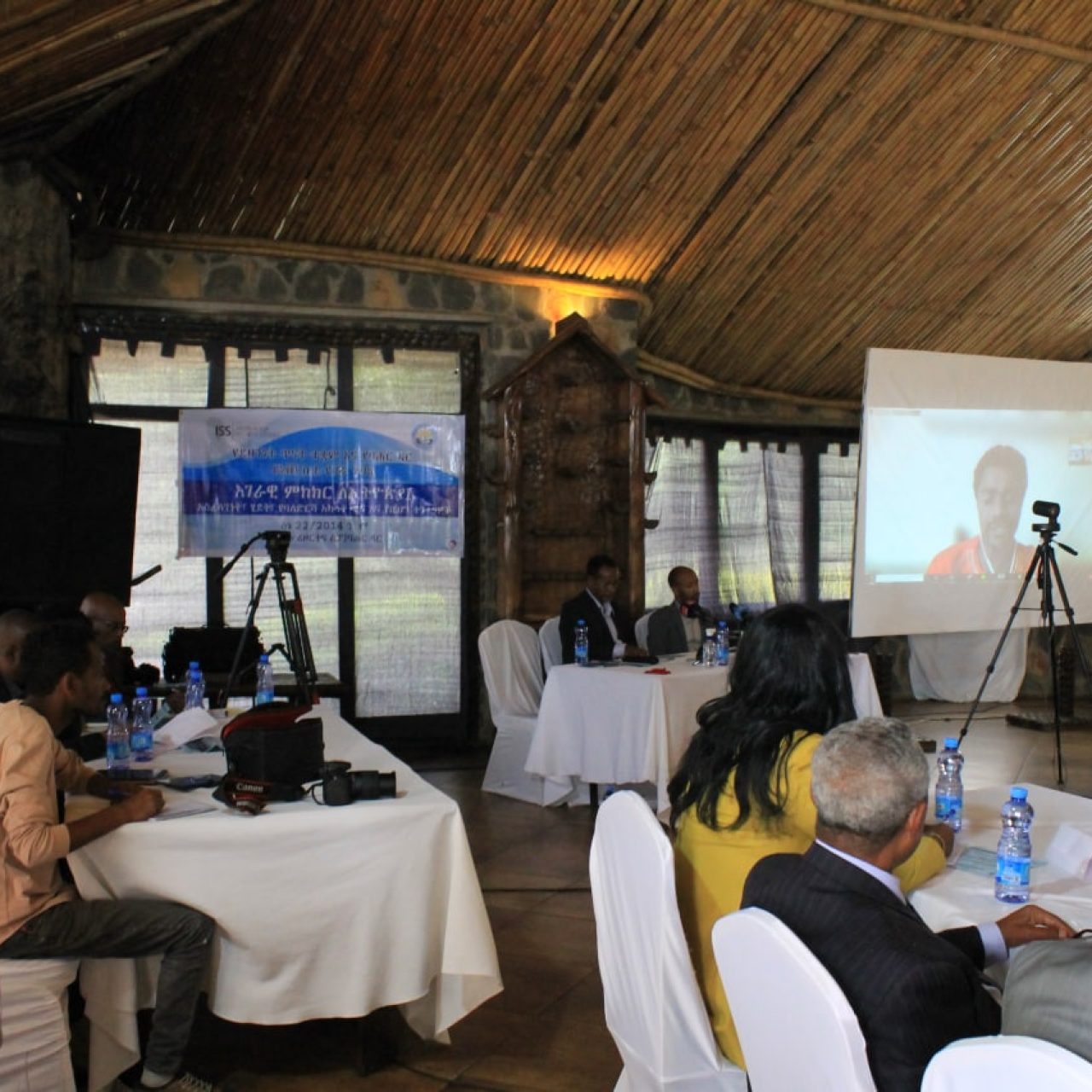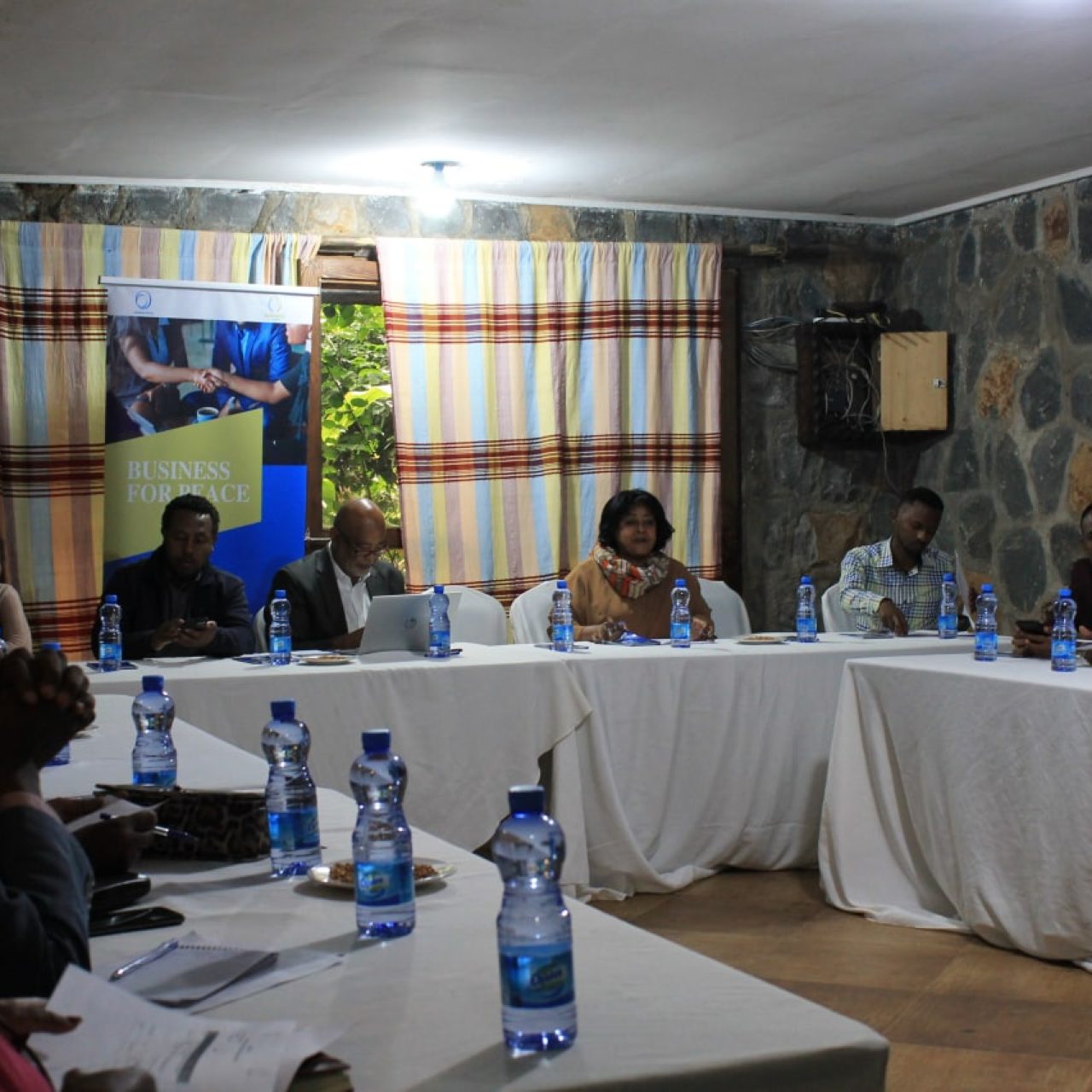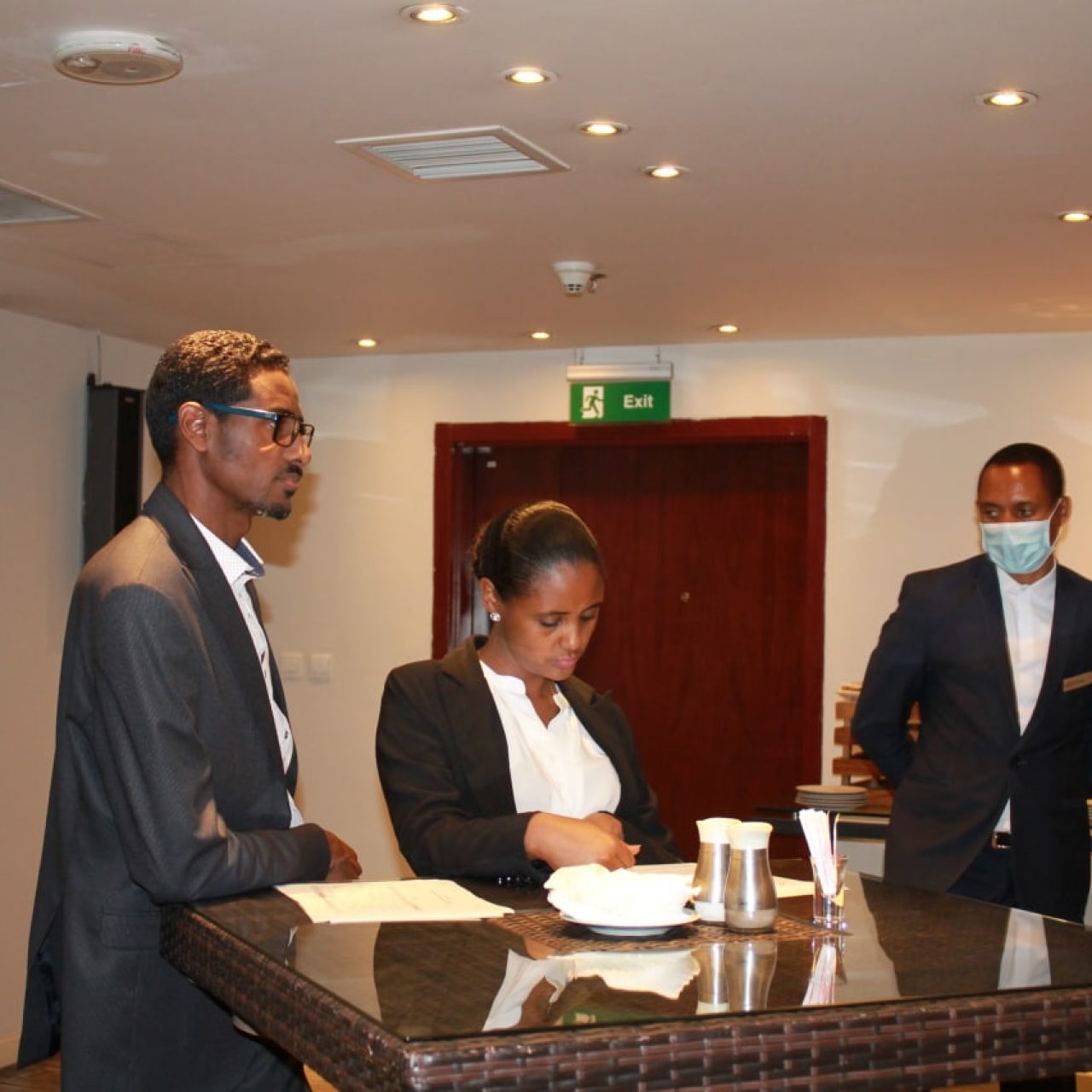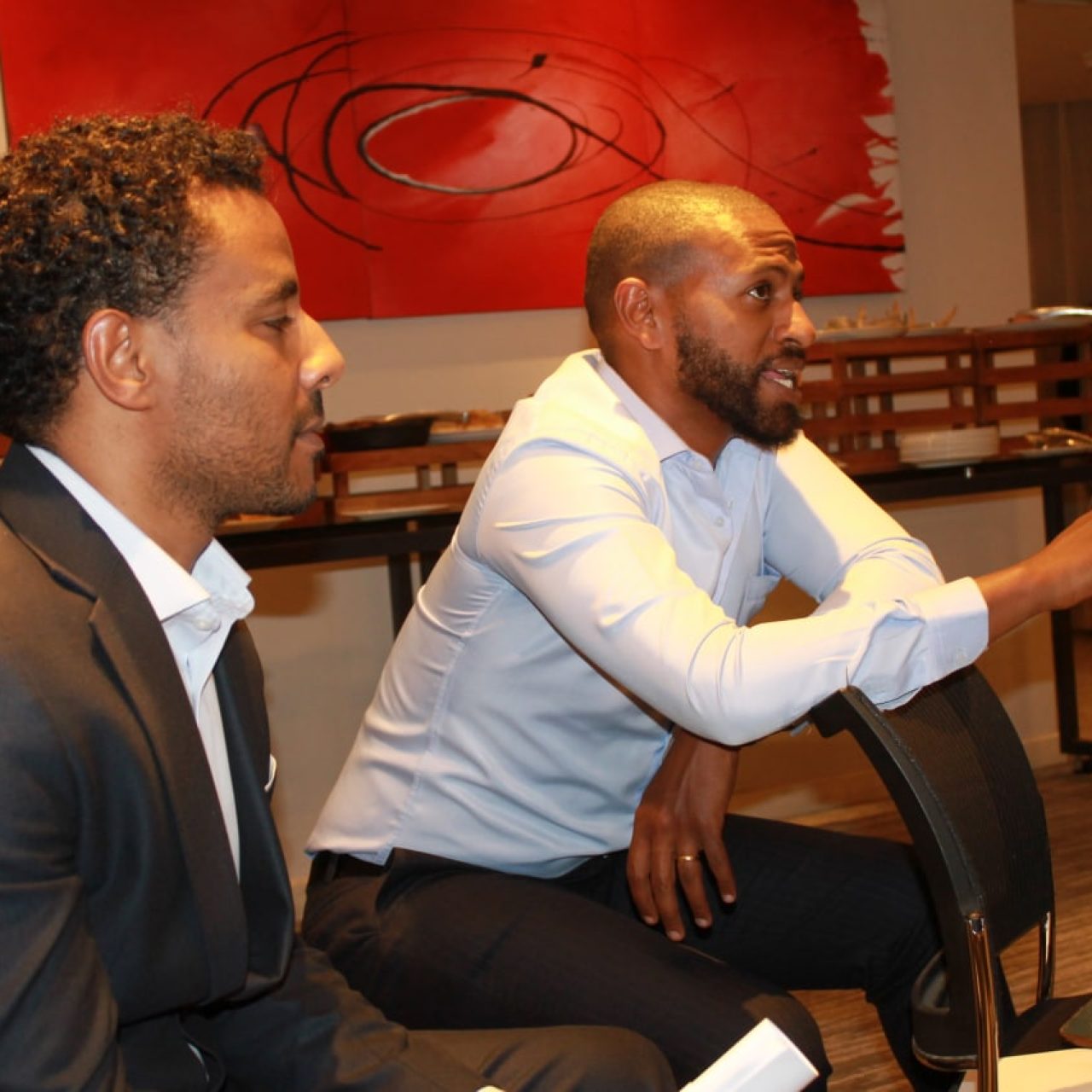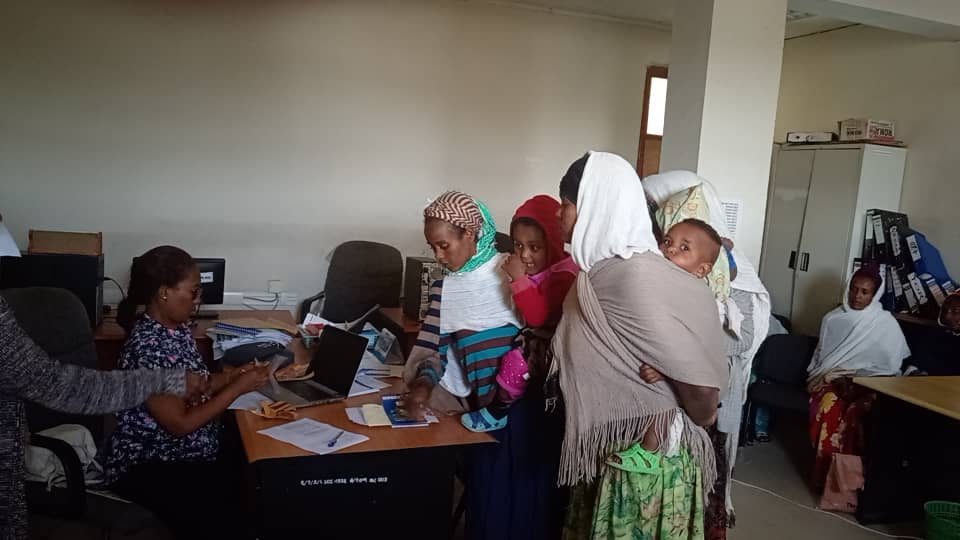The Next Generation of African Peace Leaders for a Sustainable Culture of Peace Donates 105k Birr to Aid IDP Women Affected by the Conflict in the Tigray Region
In response to the observed consequences of the recent conflict in the Tigray region, 18 fellows from the second cohort of The Next Generation of African Peace Leaders for a Sustainable Culture of Peace, formerly known as the Business of Peace fellowship, contributed a total of 105,000 birr towards aiding 21 internally displaced women in the Tigray region.
The Business for Peace project, which commenced in 2019, aims to involve the private sector in the peacebuilding process actively, fostering sustainable development. The recent donation represents a tangible step toward realizing this goal, demonstrating the program’s fellows’ commitment to positively impacting the communities affected by conflict.
The distribution of funds ensued following an extensive field visit to the Tigray region, providing the fellows with a firsthand encounter with the profound repercussions of the conflict on both individuals and businesses. Sileshi Yilma, a fellow and the current senior manager of marketing and branding at Dashen Bank, reflected on the transformative impact of the field trip, stating, “It helped me immensely to understand the situation on the ground firsthand in comparison to the reports on social and mainstream media.” Ashenafi Dawit, owner and shareholder of Gojo Coffee and a fellow, highlighted the motivating factors behind their philanthropic efforts, expressing, “Our visit to the IDP center and interactions with struggling pregnant women inspired us to extend a helping hand to women in need.” The core focus of this initiative centered on providing immediate relief to women who had been forcibly displaced as a consequence of the conflict.
Representing various areas within Tigray, the 21 beneficiaries received financial assistance as part of an initiative to address the immediate needs arising from the conflict. The money was provided in addition to their income to help give them a head start. The allocation was conducted in a manner consistent with the Business for Peace program’s broader goal of integrating the private sector into peacebuilding efforts to foster sustainable development. Members of the interim cabinet government together with the women and children governmental office oversaw the selection process.
This generous donation signifies more than just financial aid for the 21 women; it stands as a compelling illustration of how business leaders can emerge as catalysts for positive change in times of crisis. Sileshi humbly expressed, “I personally don’t believe that the donation was something to brag about. It was only the first step and similar initiatives will follow in Tigray and other affected areas.” This sentiment reflects a commitment to sustained action and underscores the understanding that this contribution serves as a starting point for broader, ongoing initiatives. Ashenafi affirmed this commitment, stating, “We, the fellows, are currently planning ways to continue our assistance to the IDPs,” emphasizing the collective dedication to making a lasting impact beyond this initial act of philanthropy.
The Business for Peace program continues to exemplify its commitment to integrating the private sector into peacebuilding, making tangible strides toward sustainable development and community resilience in conflict-affected regions like Tigray.



